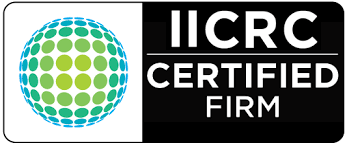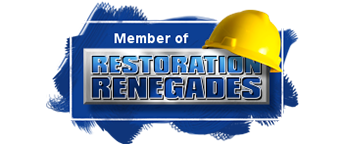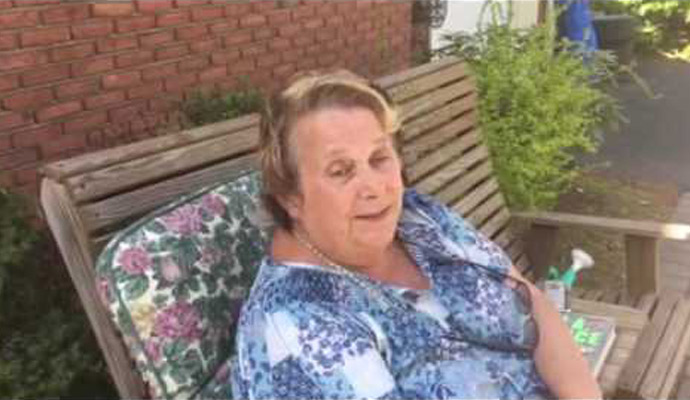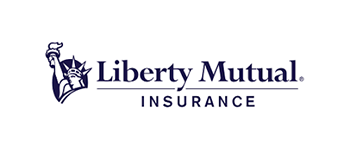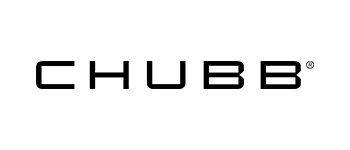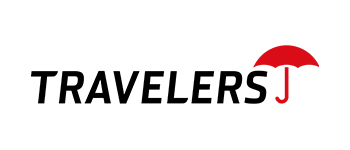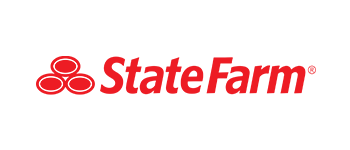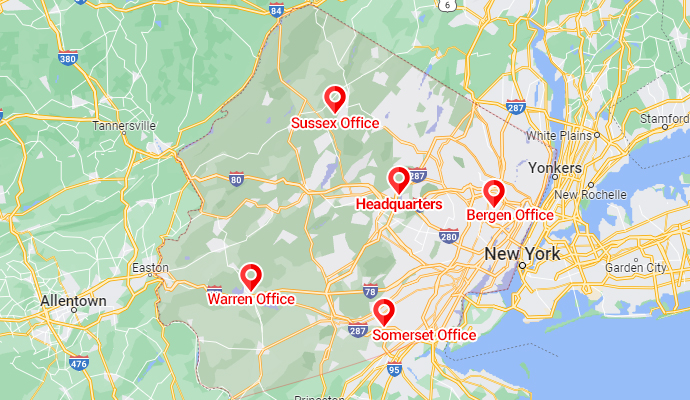AFTER THE FIRE
Getting back on your feet
INFORMATION INCLUDING Step-by-Step Guide:
- What to do after a fire The First 24 Hours
- What is typically covered by Insurance?
- The Dangers of Soot
- Important Contact Information
Step by Step Guide: What to do after a fire
- Read this booklet to educate yourself
- Decide if you need to hire a professional
You will have the best results if you hire a professional company that specializes in fire, soot & odor removal. A professional restoration company will support your insurance coverage efforts and do a thorough job. Here are some factors to help you identify the best company to handle your fire, soot & odor situation:
-
Do they specialize in Fire, Soot & Odor?
The company that you choose should specialize in dealing with fire, soot & odor conditions. As you have learned, soot is extremely dangerous and difficult to clean. Most restoration companies are normally not capable of effectively coping with fire, soot & odor, they concentrate on water losses, not fires. Make sure that the company has relevant experience with your predicament. It is always a good idea to ask for references and give them a call.
-
Are They Licensed & Insured?
A professional will be licensed and insured for such work. This protects the restoration company and workers as well as you as the homeowner from legal problems.
-
Will They Communicate with Your Insurance Company?
The restoration company can be your best support system throughout this crisis. A professional should be willing to communicate with an insurance company on your behalf. Phone conversations, written reports, and photographs of the damage can help bolster your claim. A professional can be a powerful ally when dealing with an insurance company.
-
Do They Have a No Odor Guarantee?
-
Most Importantly, Do You Feel Comfortable & Trust Them?
3. Submit a Claim
Once you’ve identified a quality fire & smoke damage removal company to handle your emergency, they should help you submit a claim to your insurance. The restoration firm you chose should do a thorough evaluation and be able communicate their scope of work to your insurance company. There should be an open channel of communication between the restorer, who are working on your behalf, and the insurance company.
THE FIRST 24 HOURS WARNING
Do not enter the site unless deemed safe. Do not attempt to turn on utilities yourself; the fire department will determine what is or isn't safe to turn on and off. Be watchful for potential structural damage. Food, beverages, and medicine exposed to heat, smoke, soot, and water should not be consumed under any circumstances!
Call Your Family
This may seem obvious, but in the moment it’s easy to be overwhelmed and confused, forgetting to do even the most basic things. Take a moment and contact any family members that may not have been with you. Let them know what happened and the status of any other friends and family that are with you. If none of your family members are local, call a close friend.
Securing the Site and Yourself
Contact your local police department to let them know the site will be unoccupied. In some cases, it may be necessary to board up openings to discourage any trespassers and protect the property from any additional damages due to rain. PDQ Restoration will provide this service at You may contact them 24/7 at 973-316-6014.
NO COST Save your receipts from the money you spend after the fire. Many of your direct expenses should be covered by your insurance.
Restoring Your Power
If the fire department cut the power to your property you will need to contact an electrician to test and verify all circuits are safe to use and they will contact your towns electric inspector and then call your utility company for the power to be turned back on.
Insurance
At least 99% of homeowner’s insurance policies cover damages from fire, soot and odor. Your chosen restoration company should work directly through your homeowner's insurance. They should do a FREE evaluation of your fire/soot/odor damage and explain thoroughly their proposed scope of work.
Advantages and Disadvantages to Working Directly with Your Insurance Company
The benefits of having a professional restoration company work directly with your insurance company are:
- Less personal involvement and work for you. Your contractor should take over negotiations and communication with your insurance company based on their proposed scope of work.
- Your financial commitment should be limited to your deductible on the policy. You will get a more thorough clean up than perhaps you could otherwise afford. The insurance company is interested in preserving the property's value long term. They will be looking to restore your home to the condition it was in before the fire as well as making sure your home is safe to live in. This will include all cleaning, deodorizing, replacing any insulation, repainting affected surfaces and repairing/replacing anything that was burnt or melted.
- Often your insurance company will cover temporary hotel and dining expenses for you and your family while the work is being done.
- In summation, you get much more work done on your home – and only pay the deductible on your insurance policy.
Disadvantages to not using your insurance:
- The cost to remediate the damage correctly and bring your home back to a healthy condition is typically much more then homeowners would want to pay. Therefore, corners are cut, and the end result is usually less then acceptable.
What is typically covered by your insurance company?
- Emergency board up
- Winterizing
- Restoring electric
- Drying out the property
- Cleaning the structure
- Cleaning contents
- Deodorizing
- Duct cleaning
- Rebuilding
- Repainting
- Hotel Dining
What types of losses are typically covered by insurance?
- Fire extinguisher chemical cleanup
- Burnt food
- Candle fell over
- Appliance caught fire
- Power strip
- Christmas tree caught fire
- Grill on deck caught on fire
- Child lit accidental fire
- Neighbors house fire affected my house
- Pellet stove sooted up house
- Car fire in garage
- Fish tank filter caught fire
- Rags with solvent caught fire
- Fireplace backed up
- Furnace backed up (puff back)
As you can see fire/smoke and odor damage is almost always covered by your homeowner’s insurance, unless it was arson.
Do I need to wait until Monday when my insurance company opens?
NO. You can and should either hire a company or begin the work yourself ASAP. You do not need to wait for a claim number or even your adjuster. Many of the times an adjuster will not even come out to see your property until after it has been cleaned.
Do I need an estimate before you start any cleaning or repairs?
Often the amount of the cost to clean contents and structure is unknown; however, the final pricing is based on standardized pricing for the insurance industry. Industry pricing for each line item is updated quarterly for each region of the country. Your insurance company also uses the same program (Xactimate) and price list.
When an adjuster is assigned to your claim, he/she will want to know you are using a vendor that follows standardized industry pricing. A verbal “scope” of the work, along with a ballpark figure on the range the job, is usually discussed directly with the adjuster.
Once they know you are dealing with a reputable restoration company, they usually will not schedule to come see your home until the work has been completed. Many times, they don’t even come out if they are comfortable with the restoration firm and there is no rebuild.
Can I hire any restoration company I want?
YES. You have the right to hire any company you choose to do your cleanup. You should hire a company that you feel comfortable with and trust that specializes in fire, soot & odor. Make sure they have a No Odor Guarantee!
Hearthside Hazards
Fine particles known as particulates are carried into our lungs when we breathe wood smoke. They cause a variety of health problems, and are a serious concern for federal and regional air-quality agencies.
Unseen Harm
Smoke particles are so fine they can slip past macrophages, immune cells inside the alveoli that destroy foreign particles. We cannot see the tiny particles that are being embedded in our lungs.
Smoke comes from a mixture of gases and fine particles produced when wood and organic matter burn.
Particulates can damage the alveoli which allow oxygen to be carried into the bloodstream. This makes it harder to get sufficient oxygen to the body, causing the heart to work harder to compensate.
Particulates may cause more deaths in people with heart disease.
Smoke effects range from eye and respiratory tract irritation to reduced lung function, bronchitis and asthma exacerbation, coughing and excess mucus.
What is soot and why is it so dangerous?
The word soot sounds so simple and harmless. To some, it conjures up images of campfires and candles, and perhaps a charming dance number from Mary Poppins. In fact, soot is anything but simple and is certainly not harmless.
Soot includes the fine black particles, chiefly composed of carbon, produced by incomplete combustion of coal, oil, wood, or other fuels. Soot can consist of acids, chemicals, metals, soils, and dust.
The common trait of soot particles is that they are extremely tiny – 2.5 micrometers or smaller in diameter. This is smaller than dust or mold -- about 1/30 the diameter of a human hair.
This combination of being extremely small, yet highly toxic, is exactly what makes soot so dangerous. Soot can travel deep into the lung, where the carcinogens it carries can do major damage.
Risks - Health and Environment
Compounds from soot - sulfur dioxides and nitrogen oxides - combine with moisture to form acid rain, which worsens water quality, damages soil and crops, and changes nutrient balances in various ecosystems.
Breathing the tiny particles can cause coronary heart disease, asthma, bronchitis, and many other respiratory illnesses. Research has also shown that many premature deaths are directly related to soot in the environment. Particle exposure leads to around 20,000 premature deaths in America each year. Many of these deaths were caused by soot related diseases. Data also show that soot annually causes almost 300,000 asthma attacks and 2 million lost workdays due to reparatory problems.
Indoor Air Quality
The air in your home after a fire will be extremely unhealthy as mentioned above. You will want to immediately use a commercial HEPA air scrubber on each floor to help filter the particulate matter out of the air. You will want to have machines that produce a minimum of 800 CFM (cubic feet per minute) of filtered air flow. You should be doing approximately 8-10 air exchanges per hour. Hydroxyl generators should also be used to help to deodorize and sanitize the air, additional air movers will be needed to spread the hydroxyls around to each room. It is a good idea to start in the “source room” (the area where the fire occurred and then move to obey areas of the home that have been affected. Proper PPE should be worn will performing the cleanup.
What is soot and why is it so dangerous?
Failure to clean-up soot & odor correctly
One of the most hazardous conditions is when either someone doesn’t feel there was enough soot to cleanup or did not cleanup all of it correctly. The reason is the occupants of the home go on living in their house as they did before the incident and are living, sleeping, eating in it and not realizing that their house is contaminated. They have a false sense that everything is fine.
Listed below are people or situations that need to beware of the heightened health risks and should not remain in the home until the soot has been cleaned up professionally.
- Elderly people
- Young children
- Pregnant women
- People undergoing chemotherapy
- People who have recently undergone surgery
- Pets
- Exotic aquatic pets
- Anyone with respiratory issues, such as asthma
FAQ's about responding to a call
Q: Why did the fire department have a fire investigator come to my property? Do they think I did something wrong or set the fire intentionally?
A: The fire department sends an investigator to all structure fires to investigate the cause, origin and circumstances of every fire in which property has been destroyed or damaged and shall especially make investigation whether the fire was the result of carelessness or design. The determination of the inspection allows the department and your insurance company to better deal with speeding up the restoration process and dealing with potential problems such as defective wiring, appliances, or even problems with modifications completed by contractors or previous owners/tenants.
Q: Is it possible for me to receive a copy of the Fire Report completed by the fire department?
A: This report is a public document and can be obtained from your local fire department.
YOUR FIRE DEPARTMENT IMPORTANT CONTACTS
- American Red Cross 828-258-3888
- NJ DMV 609-292-6500
- Board Up Service (24/7) 973-316-6014
- Cleanup/Restoration Service 973-316-6014
- PSE&G 800-436-7734
- JCP&L 800-662-3115
- New Jersey Natural Gas 800-427-5325
- Humane Society 828-236-3885
- Social Security Administration 800-772-1213
- Salvation Army 828-253-4723
- Verizon 800-837-4966
- AT&T 800-288-2020
- US Post Office 800-275-8777
- Veteran Information 828-250-4200




